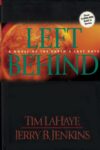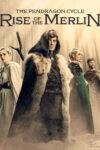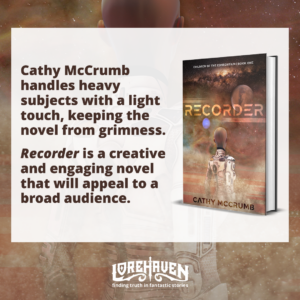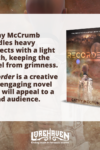In a world of bad books, Lorehaven.com helps fans and families engage fantastical stories for Christ's glory. Biblical Christian creators founded Lorehaven in 2018. Start with our library to find the best fantasy, sci-fi, and supernatural books for readers of all ages. Go deeper with articles and weekly podcasts. Subscribe free to get resources by email and join the Lorehaven Guild!
New in the Lorehaven Library
Find your next favorite from 1,537 listed Christian-made fantasy and sci-fi novels!
Find fantastical Christian reviews
Film, streaming, TV, video games
Help your kids engage their world for Christ!


















